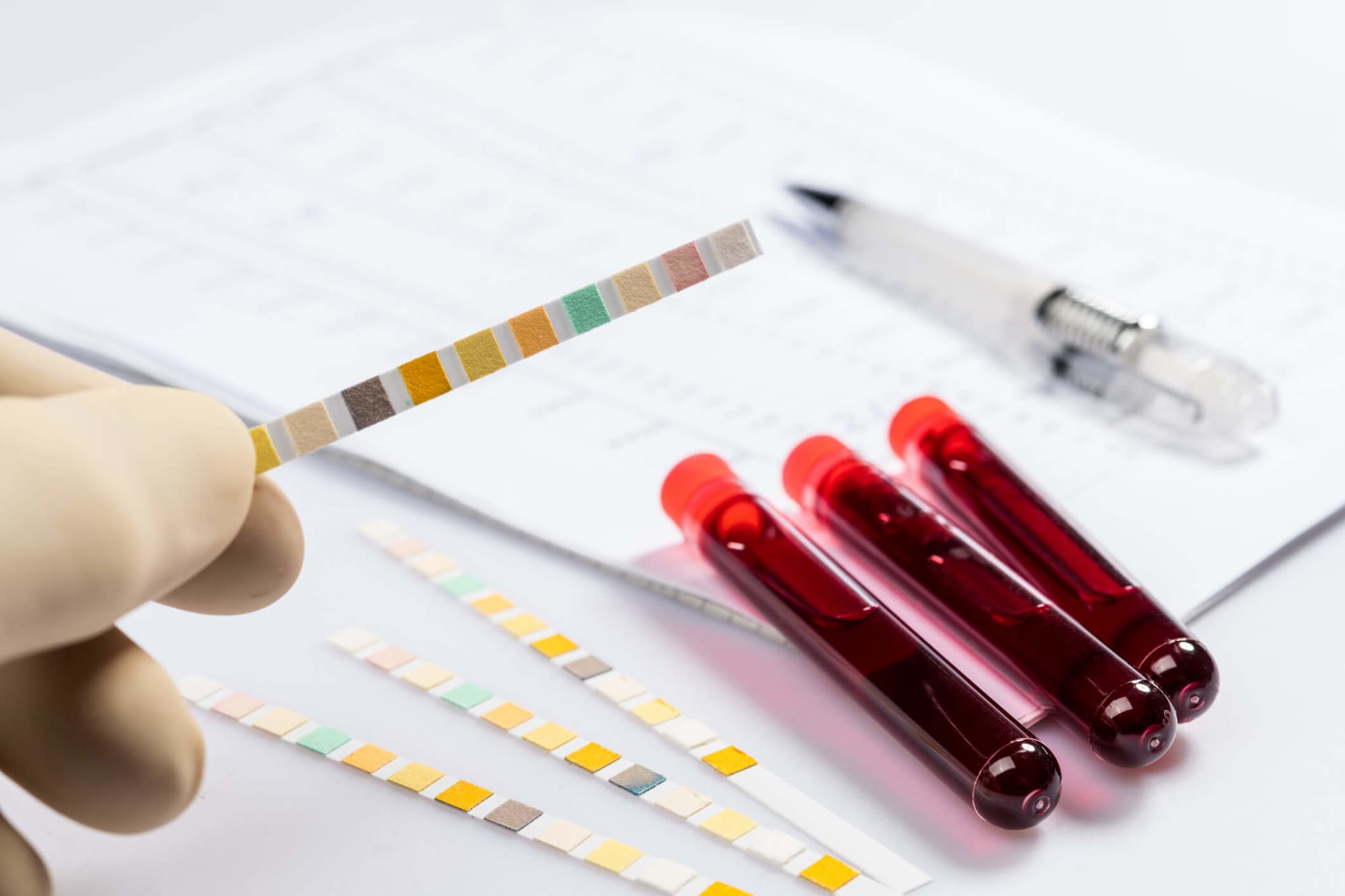What Is a Forensic Nurse?

Are you ready to earn your online nursing degree?
 Credit: monkeybusinessimages / iStock/Getty Images Plus / Getty Images
Credit: monkeybusinessimages / iStock/Getty Images Plus / Getty ImagesHow Long to Become
2-3 years
Job Outlook
9% increase from 2020-2030
Average Annual Salary
$82,750
Forensic nurses are a vital part of law and healthcare. They treat crime victims and collect evidence to assist in prosecution. For example, in providing care for a victim of domestic violence, a forensic nurse takes notes of the patient’s condition and gathers any physical evidence in a way that satisfies legal standards for evidence.
If you want a career helping victims through the justice system, forensic nursing may be the right career for you. Keep reading for more information on forensic nurse work, required education, and expected salaries.
What Does a Forensic Nurse Do?
Forensic nurses provide an important connection between healthcare and the criminal justice system. These nurses receive specialized training to treat survivors of violence and advocate on their behalf. While specific duties vary by employment setting, key responsibilities include the following:

JGI/Tom Grill / Getty Images
Key Responsibilities
- Examine patients to assess and collect evidence of trauma and injuries before referring them to the next stage of medical treatment
- Provide support to survivors and their families
- Gather and submit evidence for criminal investigations
- Coordinate with law enforcement and testify in court
Career Traits
- Ability to deal with trauma
- Understanding of criminal justice and legal systems
- Critical thinking
- Communication Skills
- Compassion
Where Do Forensic Nurses Work?
Hospitals, community anti-violence programs, and medical examiners’ offices provide the majority of forensic nursing jobs. As the demand for these specialized nurses increases, career opportunities expand in other settings, such as psychiatric clinics, correctional facilities, and emergency government services.
Hospitals
Hospital-based forensic nurses document injuries and gather evidence from survivors of trauma. Those with SANE certification treat sexual assault cases and file reports to police and protective services agencies.
Community Anti-Violence Programs
These programs provide vital services to the vulnerable, including survivors of gang violence, domestic abuse, and sexual assault. They may assist immigrants and refugees exploited in sex trafficking rings or dangerous work settings.
Medical Examiners Offices
Nurses employed as forensic examiners or coroners investigate causes of death, assist in autopsies, and collect evidence from corpses, clothing, and the crime scene.
Why Become a Forensic Nurse?
Forensic nurses integrate healthcare and criminal justice training into one specialized career. While the constant exposure to trauma can take its toll, the field offers nurses considerable personal and professional satisfaction.
Advantages of Becoming a Forensic Nurse
Making a difference in survivors’ lives, holding perpetrators accountable, and working to keep communities safe
Broadens registered nurse (RN) skills with forensic training in evidence collection, criminal procedures, and legal investigations
More flexible schedules than other RN positions that require shift and evening work
Higher salaries than other RN specialties
Disadvantages of Becoming a Forensic Nurse
Vicarious trauma syndrome, e.g., feelings of grief, anger, and depression triggered by the high levels of stress from intense working conditions
Desensitization and burnout from exposure to extreme cases
Heavy workload that includes nursing duties, detailed evidence documentation and legal reporting, and the pressure to achieve required levels of accuracy and thoroughness
Constantly shifting professional roles and communication styles interacting with patients and their families, healthcare professionals, law enforcement, lawyers, and court officials
How to Become a Forensic Nurse
The first step in becoming a forensic nurse is earning a nursing license. You need either a two-year associate degree in nursing (ADN) or a four-year bachelor of science in nursing (BSN) to practice. Which degree is right for you depends on your background and career goals.
After you graduate, you must take the NCLEX-RN to apply for a state nursing license and become a registered nurse (RN). While not legally required to practice as a forensic nurse, certification is a very valuable credential. State boards of nursing or local municipalities may have additional requirements, especially for certain types of forensic nursing.
According to the International Association of Forensic Nurses, most forensic nurses start as sexual assault nurse examiners (SANE). This requires specialty classroom education and clinical training. You can earn SANE-A certification in examining adults and adolescents or SANE-P certification in examining pediatric patients. The American Institute of Health Care Professionals also offers a forensic nurse specialist certification.
Learn more about how to become a Forensic Nurse.
How Much Do Forensic Nurses Make?
The U.S. Bureau of Labor Statistics (BLS) does not separate forensic nurse salaries from RNs. However, the yearly mean salary for RNs is $82,750, according to the BLS. The lowest-paid 10% of RNs in the U.S. earn around $59,450, while the top 10% of earners make $120,250 or more. As with other nursing jobs, salaries vary based on location and demand, the cost of living, experience, and education.
Frequently Asked Questions about Forensic Nurses
 How long does it take to become a forensic nurse?
How long does it take to become a forensic nurse?
It takes at least two years to become a forensic nurse. You can earn an ADN in two years and start your entry-level career. Certification courses require classroom and clinical hours. For example, SANE-A or SANE-P forensic nurse certification takes at least 40 classroom hours and 40 clinical hours.
 Are forensic nurses in demand?
Are forensic nurses in demand?
Demand is high for all nurses. Increased focus on victim rights and on prosecuting sexual assault should keep demand high for forensic nurses.
 Do forensic nurses need to be certified?
Do forensic nurses need to be certified?
While you do not have to be certified to practice legally as a forensic nurse, most employers require or strongly prefer certification. This is especially helpful in ensuring evidence stands in court.
 What does a typical day look like for a forensic nurse?
What does a typical day look like for a forensic nurse?
Most forensic nurses work in hospitals, though they may also work in coroner or medical examiner offices or other justice systems or healthcare settings. They examine and treat victims of crime, create medical records that document evidence, and collect evidence for processing. The work can be emotionally exhausting and forensic nurses, like other nurses, may experience vicarious trauma.
Related Pages
Are you ready to earn your online nursing degree?
Whether you’re looking to get your pre-licensure degree or taking the next step in your career, the education you need could be more affordable than you think. Find the right nursing program for you.





